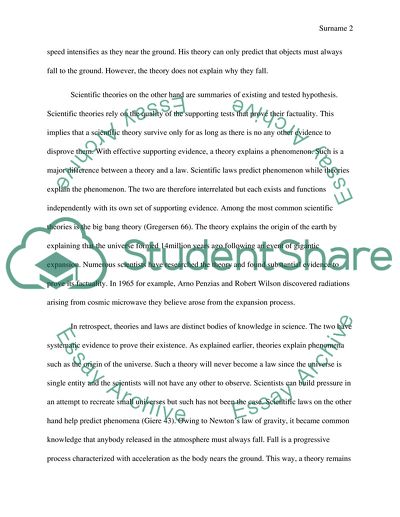Misconception about Theories and Laws (Nature of Science) Essay. Retrieved from https://studentshare.org/biology/1665830-misconception-about-theories-and-laws-nature-of-science
Misconception about Theories and Laws (Nature of Science) Essay. https://studentshare.org/biology/1665830-misconception-about-theories-and-laws-nature-of-science.


